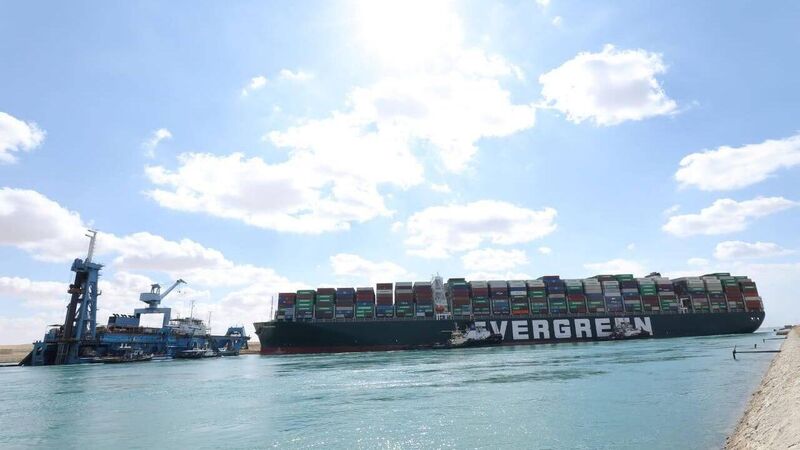Manufacturers facing into perfect storm of rising energy costs and wage growth

Supply chain disruption such as the Suez blockage by the Ever Given super container ship back in March are pushing prices up dramatically.
It is astonishing that two surveys across the manufacturing industry - one here in Ireland and the other in the US - both published earlier in the month with COP26 still creating headlines, show that chief executives do not stay up late at night worrying about climate change, carbon taxes or green energy.
These matters hardly featured in the survey of the top challenges facing CEOs of manufacturing businesses.














